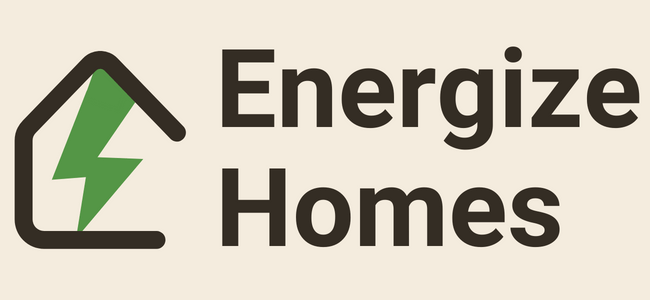How Often You Should Service Your Heat Pump for Optimal Performance
Heat pumps are a staple in many homes, serving as an energy-efficient solution for both heating and cooling needs. A question often asked by homeowners is, “How often should I service my heat pump to ensure optimal performance?” The answer to this question varies based on a range of factors including the age of the unit, its type, and local climate conditions. This article will dive deep into the aspects that dictate the frequency of maintenance and what each service entails.
In summary, servicing frequency for heat pumps varies but is an essential activity to ensure optimal performance. While newer systems can go up to 24 months without servicing, older or more heavily used systems may require more frequent check-ups. Neglecting this can result in decreased efficiency, higher energy bills, and even catastrophic failure of the system. Regular maintenance, involving specific checks and activities, can extend the lifespan of your heat pump and ensure it operates at peak performance.
Remember, when it comes to your heat pump, “an ounce of prevention is worth a pound of cure.” Always consult your heat pump’s user manual and consult with HVAC professionals for tailored advice.
Factors Affecting Maintenance Frequency
Age of the Heat Pump
Newer models, particularly those that are less than five years old, generally require less frequent service—typically once every 18 to 24 months. Older models, especially those approaching or exceeding a decade, might need an annual check-up.
Type of Heat Pump
There are different types of heat pumps: air-source, ground-source, and water-source. The type you have will dictate maintenance schedules. For example, ground-source heat pumps often need less frequent servicing than air-source heat pumps due to fewer moving parts and the stability of the ground temperature.
Climate Conditions
Harsh climates that experience extreme temperatures can put added strain on your heat pump, necessitating more frequent maintenance.
| Climate Type | Recommended Service Frequency |
|---|---|
| Mild | 18-24 months |
| Moderate | 12-18 months |
| Harsh | 6-12 months |
Key Maintenance Activities
Refrigerant Level Check
Undercharged or overcharged refrigerant levels can significantly impact the Coefficient of Performance (COP) of the heat pump. Technicians usually perform a subcooling or superheat measurement to ascertain the correct refrigerant charge.
Electrical Connections and Components
Ensuring that all electrical connections are tight and that the voltage and current on the motor are per the nameplate specifications is crucial. Loose connections can lead to arcing and potential fire hazards.
Air Filters and Coils
Clogged air filters or dirty evaporator and condenser coils can impede airflow, putting a dent in the system’s efficiency. Most manufacturers recommend a quarterly check on air filters and an annual cleaning of coils.
Defrost Cycle
In colder climates, the defrost cycle is critical. Technicians will typically check the defrost cycle control mechanisms and the auxiliary heat strips to ensure they’re functioning optimally.
Proactive Measures for Homeowners
Seasonal Checks
Before the onset of extreme weather conditions, it’s advisable to have a quick run-through of the system to identify any glaring issues that could impact performance.
Clean and Replace Filters
Although this is part of regular maintenance, homeowners can frequently check and replace filters themselves to maintain good air quality and system efficiency.
